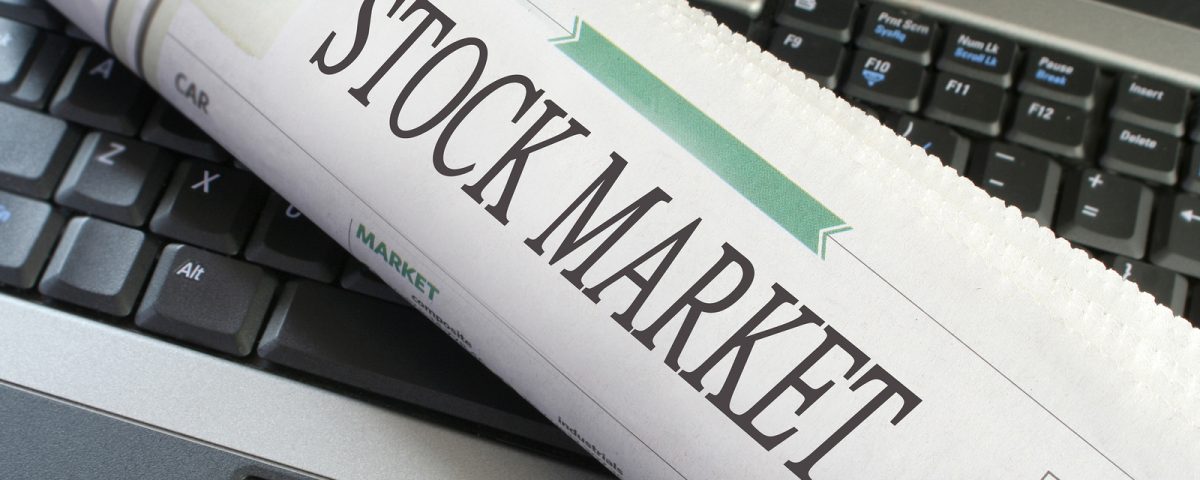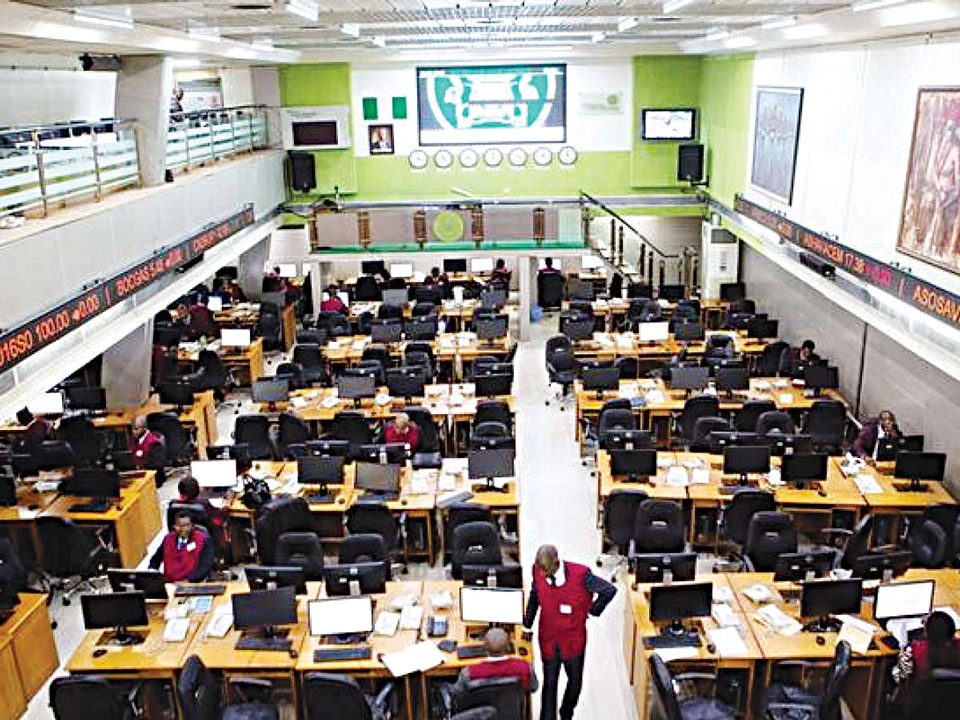Nigeria Update: At 58, equity investors warn against political interference

Nigeria Update: Investors’ wealth depreciate by N105b in three trading days
October 5, 2018
Nigeria Update: NNPC gets $416m from oil, gas exports
October 5, 2018As the nation marks 58 years of existence, stakeholders in the nation’s capital market have stressed the need for government to step up policy implementation as well as tackle perennial economic policy uncertainties impacting negatively on investment and Nigerian business environment to spur activities in the stock market.
The stakeholders admitted that the Nigerian Stock Exchange (NSE) has undergone a renaissance in the areas of trading, clearing and settlement system as well in the deployment of Information and Communication Technology (ICT).
They, however, regretted that the capital market continued to trail behind its peers in other countries with the current N11 trillion market capitalisation, which they attributed largely to poor performance of the 166 listed firms, and limited number of issuers in the last few years.
They insisted that government’s neglect of the market, through unfriendly policies inimical to investment have indeed affected listed firms and by extension, the stock market.
The stakeholders argued that compared with the Johannesburg Stock Exchange (JSE with capitalisation above $1 trillion representing over 280 per cent of South Africa’s GDP, urgent steps must be taken to boost the market and spur issuer demand for capital markets funding.
A Chartered Stockbroker and Chief Executive Officer, Sofunix Investment, Sola Oni, cited economic uncertainty as a major factor that has eroded investment and investors’ confidence in the market.
He noted that uncertainties in economic policy formulation and implementation are measured by the extent of the regression the economy has suffered in recent times
“The big elephant in the house is uncertainty.
Foreign portfolio investors still dominate the market with their hot money, and strategy of flight for safety after slight perception of instability.
Unstable macroeconomic policies and unguarded utterances by politicians on what may happen in the 2019 general election are building up country risk. Investors are nervous every day; dumping shares, causing downward valuation across broad spectrum of the market.
“At 58, the market has demonstrated resilience and it holds promise for all classes of investors locally and internationally.
But a lot has to be done by the government to stabilise the system, turn around the economy, encourage quoted companies to operate optimally, and implement all financial inclusion policies to sustain investor confidence.”
The Nigerian equity market recorded improved performance in 2017, and emerged the third best performing exchanges in the world with a year to date increase of N4.5 trillion in market capitalisation to N13.519 trillion on December 28, NSE) All-Share Index (NSE ASI), to 37,990.74.
“The NSE’s capitalisation has dropped from N15 trillion to N11 trillion. The major problem with the NSE is bad economy. The capital market functions well when the economy is not thriving.
When there is no money out there to buy shares, people compete between the money market and capital market,” Oni added.

